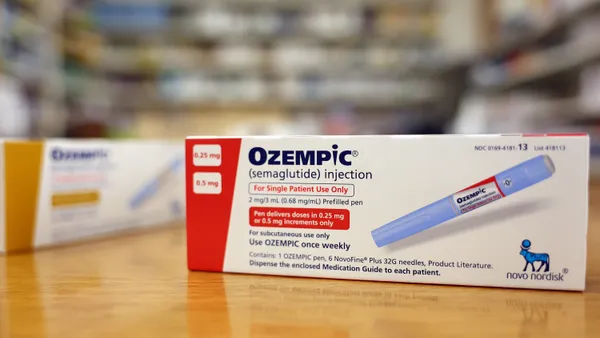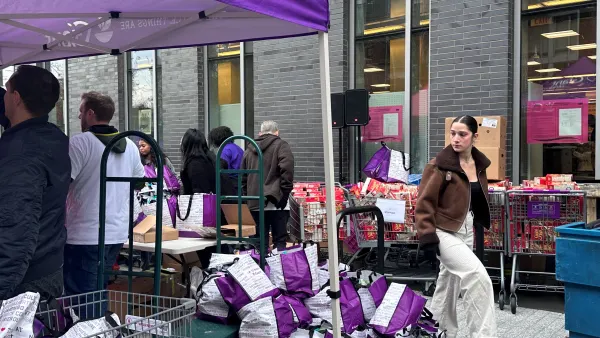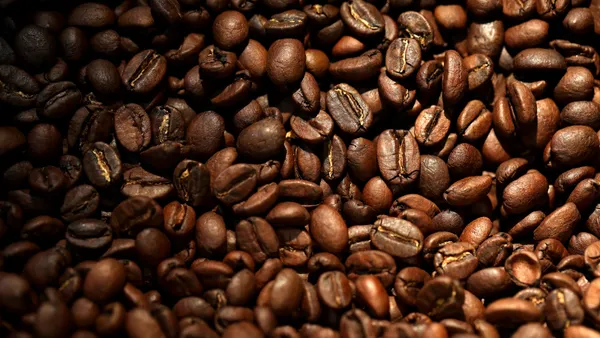Dive Brief:
- Albertsons Companies’ Own Brands has launched a new line of 17 compostable, eco-friendly products under its Open Nature label in an effort to boost environmental stewardship, according to a company press release. Open Nature plans to add more products over the next few months.
- The products are made from plant-based certified compostable material, and are tree-free, plastic-free and BPA-free. The line features picnic products including plates, bowls, cutlery, straws, cold cups and hot cups. Shoppers can also pick up compostable garbage bags, lawn and leaf bags and food scrap bags.
- Open Nature will also offer bamboo facial tissues, bamboo washable rayon towels and bamboo bath tissue in its lineup. In addition to Open Nature's efforts, Albertsons O Organics brand recently added compostable coffee pods made from plant-based materials such as corn and beets.
Dive Insight:
Open Nature's new earth-friendly line taps into consumers’ growing interest in promoting sustainability throughout the food system and coincides with the beginning of Earth Month, when people will be more focused on their eco-friendly efforts.
A few other retailers offer eco-friendly private label products, such as Target's new Clean label for personal care and household products featuring products formulated without harsh chemicals. Brandless has a line of tree-free products including facial tissues, napkins and toilet paper. Sprouts offers a number of sustainable options, including private label paper products that are 100% recyclable, chemical-free soaps and detergents and a variety of eco-friendly items from other brands such as disposable plates made from corn starch. Amazon's Presto private label line offers bio-based laundry detergent and other eco-friendly household products.
Consumers seem to prefer sustainably-minded products regardless of their product category, according to recent research from Nielsen that tracked coffee, chocolate and bath products. Items that carried sustainability claims generally outperformed competing products that lacked environmentally friendly attributes.
Demand for waste reduction is gaining momentum. There is growing backlash against plastic straws, with a number of companies announcing plans to eliminate them or no longer offering them unless requested. Just yesterday, New York adopted a ban against single-use plastic bags becoming the second state to mitigate plastic waste following California. These efforts could pave the way for more aggressive measures that target other types of single-use plastic, which could lead to more retailers launching their own eco-friendly products.
Other brands across the grocery space have recognized the plastic problem, and plant-based packaging is presenting a differentiation opportunity for retailers. Kroger’s Zero Hunger Zero Waste plan includes a commitment to eliminating plastic bags across its banners, and Trader Joe's has pledged to curb plastic packaging in stores through several initiatives. And just today, Aldi announced a plan that would make all of its product packaging reusable, recyclable or compostable by 2025.









